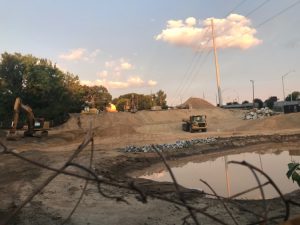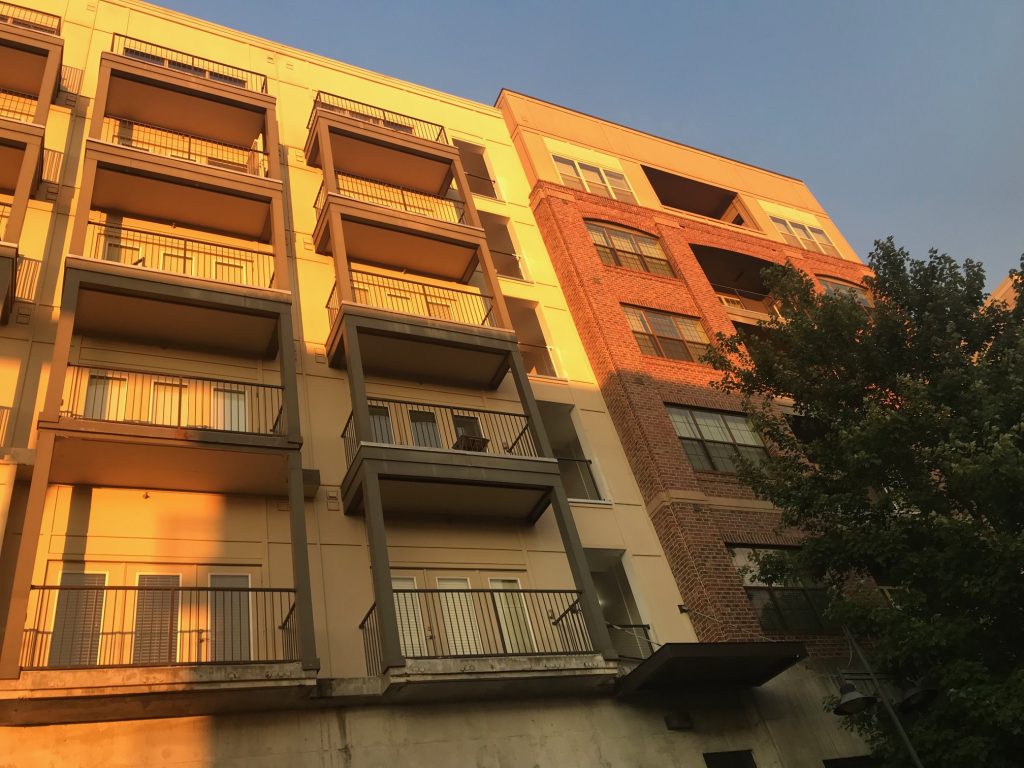Environment
Short Takes
Georgia’s new data center rule increases local controlDecember 1, 2025

By David Pendered
July 14 – There’s no end in sight to spiraling housing costs in the City of Atlanta, judging from new estimates in population growth and Atlanta’s own prediction of a double-digit slump in residential construction.
The city added 5,070 new residents in calendar year 2021, according to a population growth estimate released July 13 by the Atlanta Regional Commission. This means that in just the past two calendar years, the city’s population has grown by a total of 8,300 persons as the city’s population trend line continues to rise.

Each individual is vying for one of the limited number of bedrooms in one of the city’s limited number of dwellings. Some folks may reside together, and some may be infants or adolescents who will live under the roof of a parent or other caregiver. ARC’s estimate doesn’t provide information on age and household composition.
Meantime, Atlanta has predicted a slowdown in residential construction over the next 12 months.
Atlanta predicts a decline of 13.6 percent in the amount of fees collected from permits issued for residences and the installation of plumbing, electrical, and heating/ventilation/air conditioning units. This is the drop in fees to be collected in the next 12 months compared to the past 12 months, according to a comparison of budgets for the two years.
This forecast doesn’t seem to have garnered much attention. It’s cited on page 120 of the budget the Atlanta City Council adopted for the fiscal year that began July 1, Fiscal Year 2023:
The 13.6 percent dip that’s forecast is the relation between the fees forecast to be collected in the fiscal year that ended June 30, the sum of $37,995,979, according to page 120 in the FY22 budget book. The projection for the coming year is $32,824,193. The actual collections for FY22 are still being calculated.
Atlanta’s FY23 budget does not indicate any foundational reasons for the expected decline in revenue collections. Instead, the paragraph cites a fairly optimistic futures report on residential construction in the section titled Building Permits: FY23 Budget Anticipation – $32,824,193:
The futures report was provided, as it has been for many years, by Jeffrey Humphreys, director of the Selig Center for Economic Growth in the Terry College of Business at the University of Georgia. The section is located on page 110.
At the time the forecast was written, mortgage were low by historic standards. They since have been rising in response to the Federal Reserve raising a key benchmark rate in an effort to curb inflation.
Atlanta’s anticipated drop in permit fees comes as the region remains in a slump for residential construction. The top line of ARC’s report for the region states that:

0